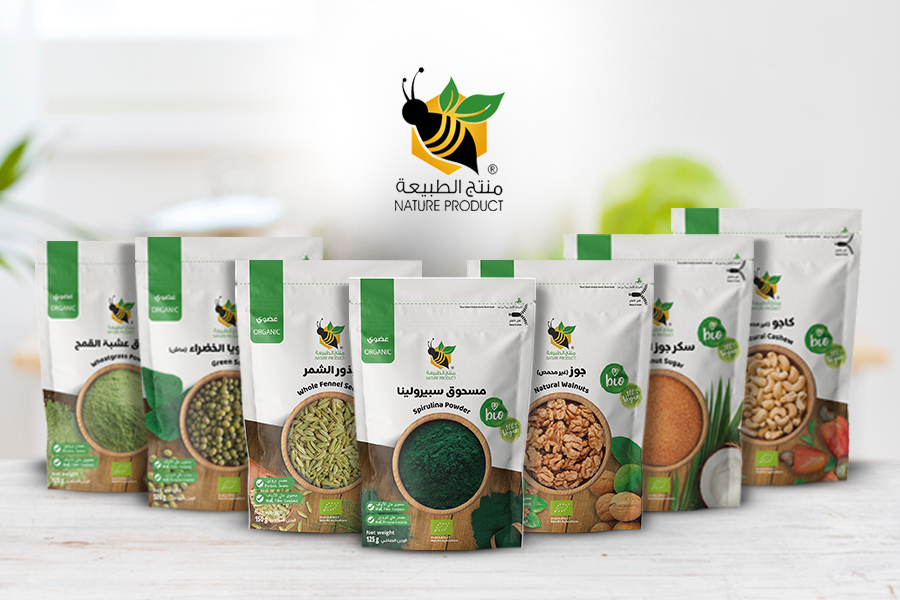What Are The Types of Organic Vinegars?
Vinegar, a versatile ingredient with a rich history, has become a staple in kitchens worldwide. From enhancing flavors in cooking to serving as a natural cleaning agent, vinegar types play a crucial role in our daily lives. The world of vinegar is diverse, offering a wide array of flavors and uses that go beyond the typical white vinegar found in most households.
In this blog we discover the various organic vinegar types, exploring their unique characteristics and applications. From the tangy notes of apple cider vinegar to the complex flavors of balsamic and red wine vinegars, we’ll uncover the distinct qualities of each variety. We’ll also look into lesser-known options like rice vinegar, black vinegar, and specialty cleaning vinegars, providing insights into their production methods and best uses in cooking and household tasks.
Apple Cider Vinegar
Apple cider vinegar, a popular type of organic vinegar, is made from fermented apple juice. It comes in two main varieties: filtered and unfiltered. The key difference lies in the presence of “the mother,” a cloudy substance containing beneficial bacteria and enzymes. Unfiltered apple cider vinegar retains the mother, giving it a murky appearance and potential health benefits. Filtered versions have a clear, amber color and undergo pasteurization, which removes the mother. Both types have a 5% acetic acid content and a mild apple-like sweetness, making them interchangeable in culinary applications.
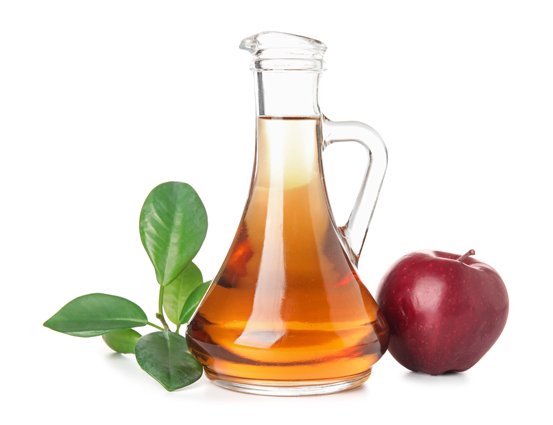
Filtered/Unfiltered Apple Cider Vinegar
Filtered apple cider vinegar goes through a process that removes the mother and any sediment, resulting in a clear liquid. This type is often pasteurized, which further refines it. Unfiltered apple cider vinegar, on the other hand, retains the mother and has a cloudy appearance. It is usually unpasteurized and may contain small amounts of sediment. Some people prefer unfiltered apple cider vinegar for its perceived health benefits and slightly more complex flavor profile.
With/ Without Mother Apple Cider Vinegar
Apple cider vinegar with the mother contains strands of proteins, enzymes, and beneficial bacteria. These probiotics are thought to have various health benefits, including aiding digestion. The mother gives the vinegar a cloudy appearance and continues to ferment over time, potentially changing its acidity and taste. Apple cider vinegar without the mother has been filtered to remove these components, resulting in a clear product. While it may have fewer nutrients, it is often considered more stable and may be preferred for certain culinary applications.
Balsamic Vinegar
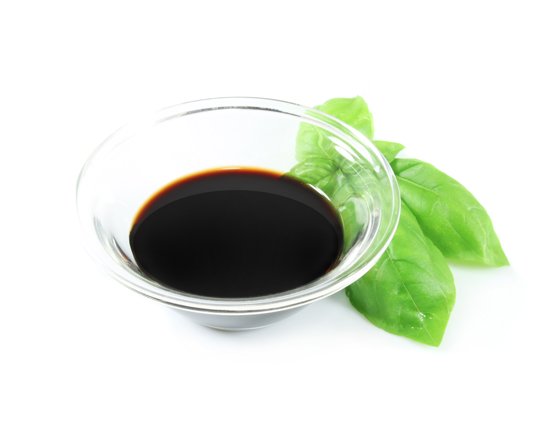
Balsamic vinegar, a cherished organic vinegar type, originates from Modena, Italy. This rich, glossy, deep brown condiment has a complex flavor profile that balances natural sweetness with a mellow tartness. Traditional balsamic vinegar is made from cooked grape must, typically Trebbiano or Lambrusco varieties, which is then aged in wooden barrels for a minimum of 12 years. The aging process in different wood types, such as oak, chestnut, and cherry, imparts unique flavors to the vinegar. Balsamic vinegar has a versatile nature, enhancing various dishes from salads and meats to fruits and even desserts.
Red Wine Vinegar
Red wine vinegar, a staple in Mediterranean cuisine, is made from fermented red wine. This tangy condiment has a rich, complex flavor profile that balances acidity with a subtle sweetness. It’s created by allowing bacteria to convert the alcohol in red wine into acetic acid, giving it its characteristic sour taste. Red wine vinegar is versatile in the kitchen, often used in vinaigrettes, marinades, and sauces. It adds depth and brightness to various dishes, enhancing flavors in salads, stews, and pickling solutions. The vinegar’s robust taste makes it a popular choice for those seeking to add a flavorful kick to their culinary creations.
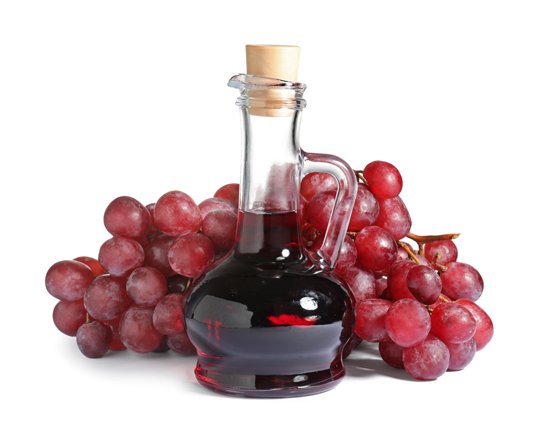
White Wine Vinegar
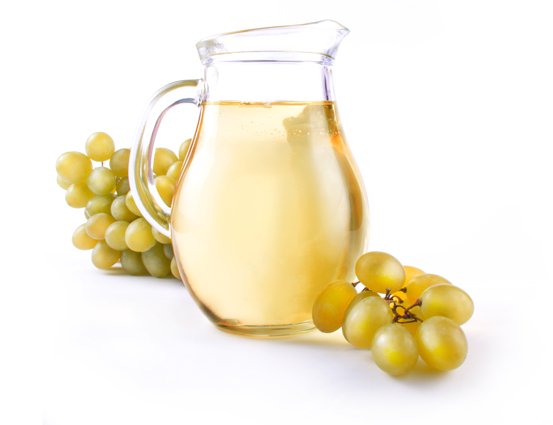
White wine vinegar, a versatile organic vinegar type, is made from fermented white wine. It has a lightly fruity flavor and a mild acidity, making it a popular choice for various culinary applications. This vinegar is particularly suitable for seasoning raw dishes like salads and pairs well with fish-based recipes. It’s ideal for creating delicate marinades and dressings for seafood salads. White wine vinegar is also a key ingredient in many sauces, including vinaigrette and mayonnaise. Its subtle taste allows other flavors to shine while adding a pleasant tang to dishes.
Rice Vinegar
Rice vinegar, a staple in Asian cuisine, is made from fermented rice or rice wine. It has a milder, sweeter flavor compared to other vinegars, making it versatile in cooking. There are several varieties, including white, brown, black, and red rice vinegars. White rice vinegar is the most common type used in recipes. It adds a subtle acidity to dishes without overpowering other flavors. Rice vinegar is essential in making sushi rice, salad dressings, marinades, and stir-fries. It can also be used for pickling vegetables or as a condiment. Some brands offer seasoned rice vinegar, which contains added sugar and salt, ideal for quick flavor enhancements.
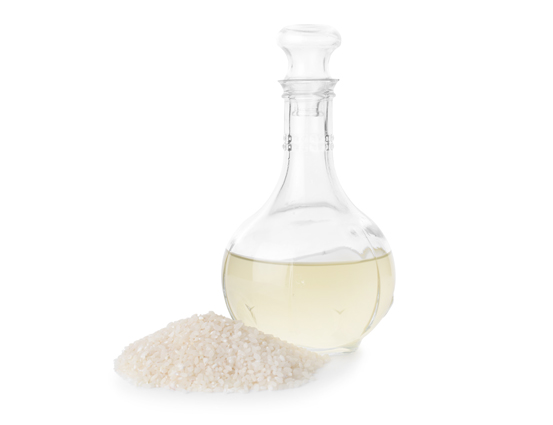
Black Vinegar

Black vinegar is a distinctive type of organic vinegar with a rich, complex flavor profile. It’s made by fermenting grains such as glutinous rice, sorghum, or barley for at least six months, resulting in a dark, full-bodied condiment. This vinegar has a mellow acidity balanced with subtle sweetness and umami notes. It’s widely used in Chinese, Taiwanese, Japanese, and Korean cuisines. Black vinegar adds depth to dishes like noodles, stir-fries, and dipping sauces. Its aging process in clay pots contributes to its unique taste and potential health benefits, including improved digestion and antioxidant properties.
Cleaning Vinegar
Cleaning vinegar is a specialized type of vinegar with a higher acetic acid concentration than regular white vinegar. While white vinegar typically contains 5% acetic acid, cleaning vinegar can have up to 6-8% acidity. This increased potency makes it more effective for tackling tough cleaning tasks. Cleaning vinegar is not suitable for consumption and should only be used for household cleaning purposes. It has a versatile nature, capable of cutting through grease, removing soap scum, and eliminating bacteria. When diluted with water, it serves as an excellent all-purpose cleaner for various surfaces, including countertops, bathroom fixtures, and appliances.

Organic vinegars offer a rich tapestry of flavors and uses, each type bringing its own unique qualities to the table. From the tangy sweetness of apple cider vinegar to the complex depth of balsamic, these versatile condiments have a significant impact on culinary traditions worldwide. Their applications extend beyond the kitchen, with some varieties like cleaning vinegar proving invaluable for household tasks. The diversity of organic vinegars showcases the ingenuity of traditional fermentation methods and their ongoing relevance in modern gastronomy.
We hope that this post has helped you learn everything you wanted to know about the different types of vinegars. In our Automated Platform for Organic Products, you can find a wide range of organic and healthy vinegars, as well as +3000 organic and Free-From-Food products.
If you’d like to find out more about our products or receive personalized advice with no strings attached, don’t hesitate to reach out to us.





